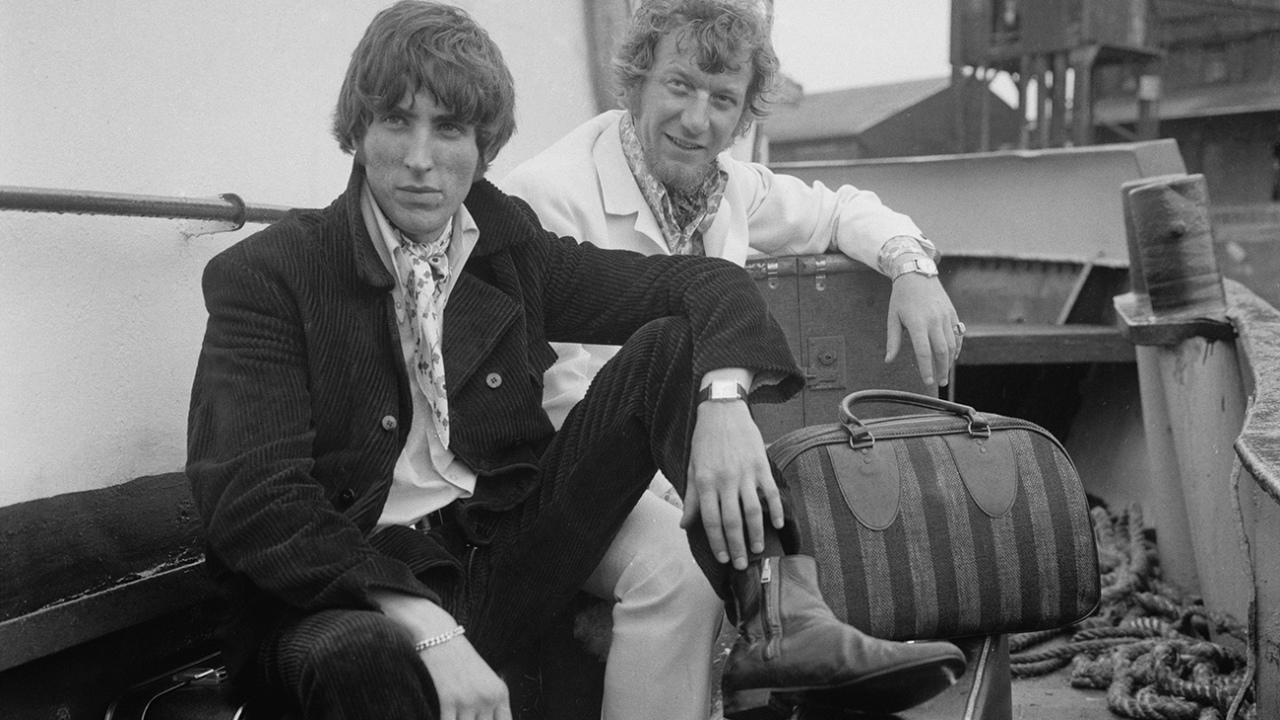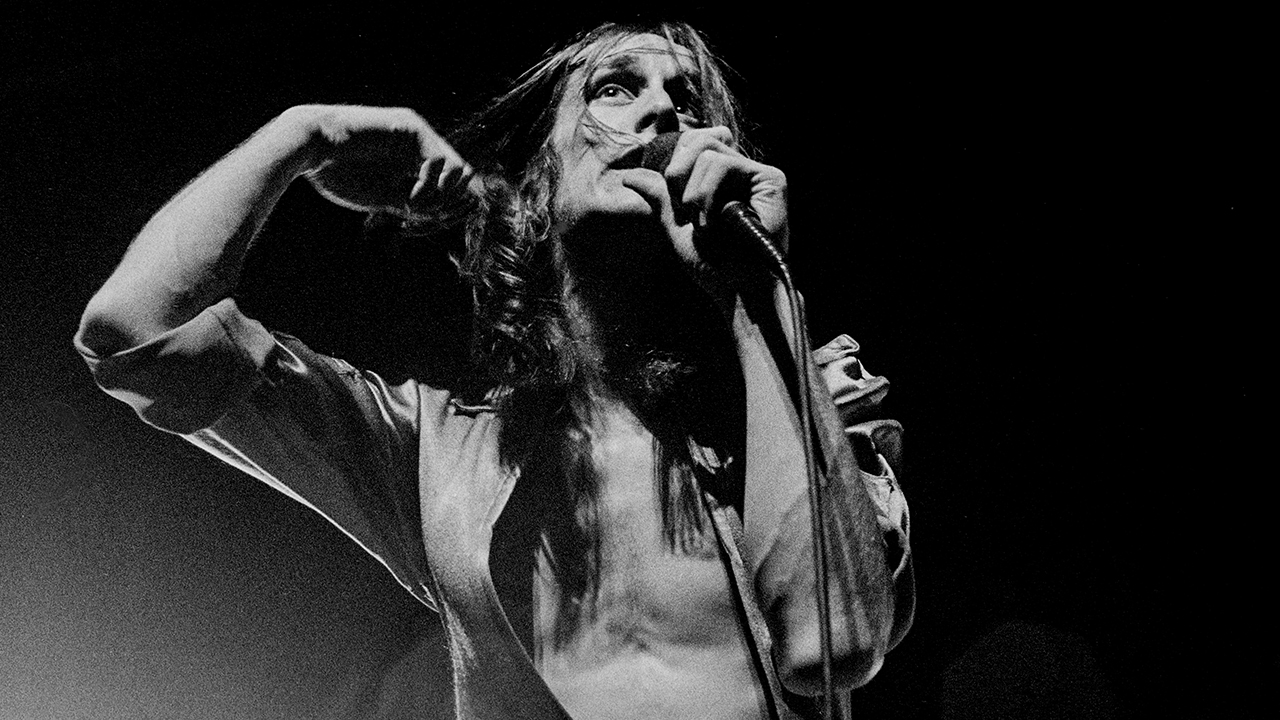1966 - The Year That Built Rock: Pirate radio
With the pop music virtually ignored by the BBC, it was anarchy on the high seas.

Select the newsletters you’d like to receive. Then, add your email to sign up.
You are now subscribed
Your newsletter sign-up was successful
Want to add more newsletters?

Every Friday
Louder
Louder’s weekly newsletter is jam-packed with the team’s personal highlights from the last seven days, including features, breaking news, reviews and tons of juicy exclusives from the world of alternative music.

Every Friday
Classic Rock
The Classic Rock newsletter is an essential read for the discerning rock fan. Every week we bring you the news, reviews and the very best features and interviews from our extensive archive. Written by rock fans for rock fans.

Every Friday
Metal Hammer
For the last four decades Metal Hammer has been the world’s greatest metal magazine. Created by metalheads for metalheads, ‘Hammer takes you behind the scenes, closer to the action, and nearer to the bands that you love the most.

Every Friday
Prog
The Prog newsletter brings you the very best of Prog Magazine and our website, every Friday. We'll deliver you the very latest news from the Prog universe, informative features and archive material from Prog’s impressive vault.
1966 was the peak of pirate radio – the seaborne broadcasting revolution that saw radio stations anchored in international waters meet British youth’s demand for 24-hour pop radio just as rock’n’roll was coming of age. A young Johnnie Walker, then a car salesman, began the year as one of many frustrated listeners, and ended it as a DJ star of the scene.
“Pirate radio had to happen,” he says. “The BBC would only play a few hours of pop music a week, only at weekends, and even then they wouldn’t play records longer than three minutes or so – they refused to play House Of The Rising Sun or Like A Rolling Stone, for instance.
“Ronan O’Rahilly, who started Radio Caroline, couldn’t get acts he managed, like Georgie Fame and Alexis Korner, on the radio at all, so he set up his own station at sea. It really took off, and several others followed suit.
“It was a completely different way of broadcasting – anarchic, unscripted. Nobody had ever heard the like of it. And young people really responded to it. I read about this new station, ‘Swinging’ Radio England, in the papers, and I sent them a tape. They liked it and I went straight on the air, despite the fact I had barely any broadcasting experience.
“When I got to the ship, I found they’d built it so fast there were no bunks – we had to sleep on the floor. And the North Sea could be pretty rough so it got pretty scary at times. It wasn’t like [2009 Richard Curtis comedy film] The Boat That Rocked – we didn’t have a bar, and women were officially forbidden on board.
“People would sit on the beach or in their cars and listen, and we could see them from the ship, so on my show we had this thing called ‘Frinton Flashers’, where I would communicate with listeners by asking them to flash their headlights in response to my questions. We used to set up dates between them and all sorts.
“The government and the record companies were dead against the whole idea of commercial radio. Sir Joseph Lockwood, head of EMI, thought if radio stations played records all day long, people wouldn’t go out and buy them. So he was always pressuring the government to ban us. Yet at the same time, EMI’s pluggers were rushing round to the pirate stations’ offices with half a dozen copies of every record.
Sign up below to get the latest from Classic Rock, plus exclusive special offers, direct to your inbox!
“We had a lot of public support up to the summer of 1966, but the Calvert thing [when pirate station investor Reg Calvert was shot dead at his Essex home by rival pirate radio boss Oliver Smedley] was the beginning of the end. It gave the government more excuses to legislate against us.
“Yet even after The Marine Offences Act was passed in the summer of ‘67, we [at Radio Caroline] carried on for the best part of a year. Naively, I thought we would win and they’d make us legal. But I totally underestimated the impact Radio One would have. They launched in October sixty-seven, and they had a signal so strong that we couldn’t compete with. And ultimately the station couldn’t attract the advertising it needed to survive. But pirate radio had to happen – and all the sixties bands were enormously grateful to it.”
Classic Rock is the online home of the world's best rock'n'roll magazine. We bring you breaking news, exclusive interviews and behind-the-scenes features, as well as unrivalled access to the biggest names in rock music; from Led Zeppelin to Deep Purple, Guns N’ Roses to the Rolling Stones, AC/DC to the Sex Pistols, and everything in between. Our expert writers bring you the very best on established and emerging bands plus everything you need to know about the mightiest new music releases.

